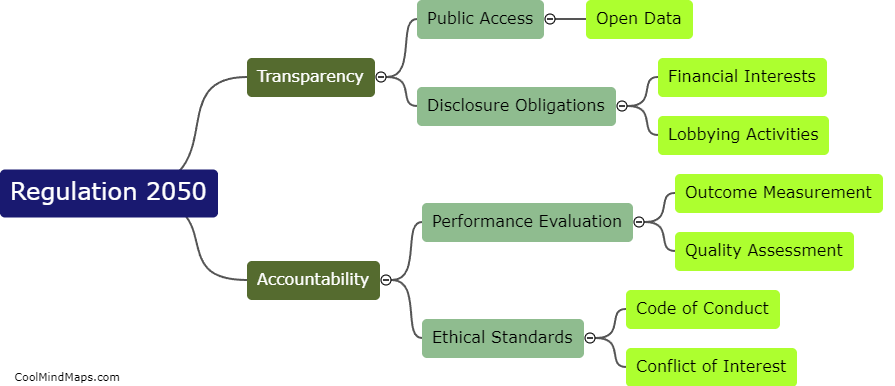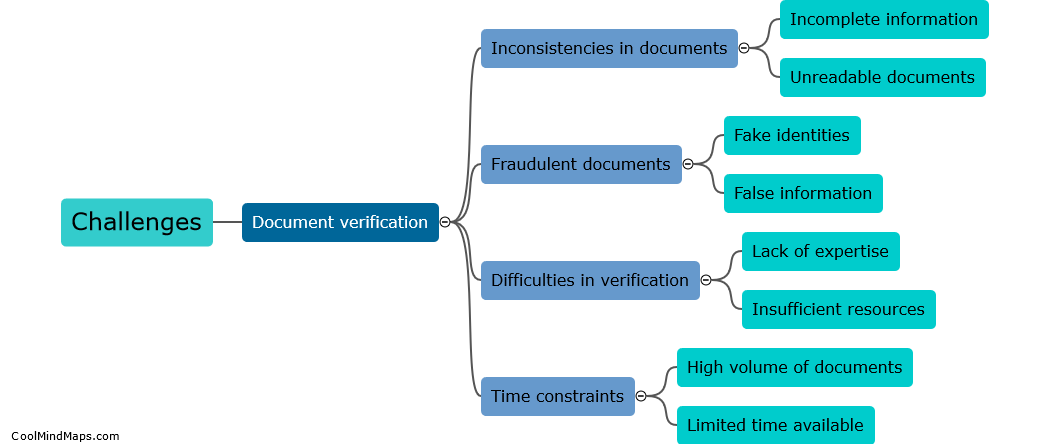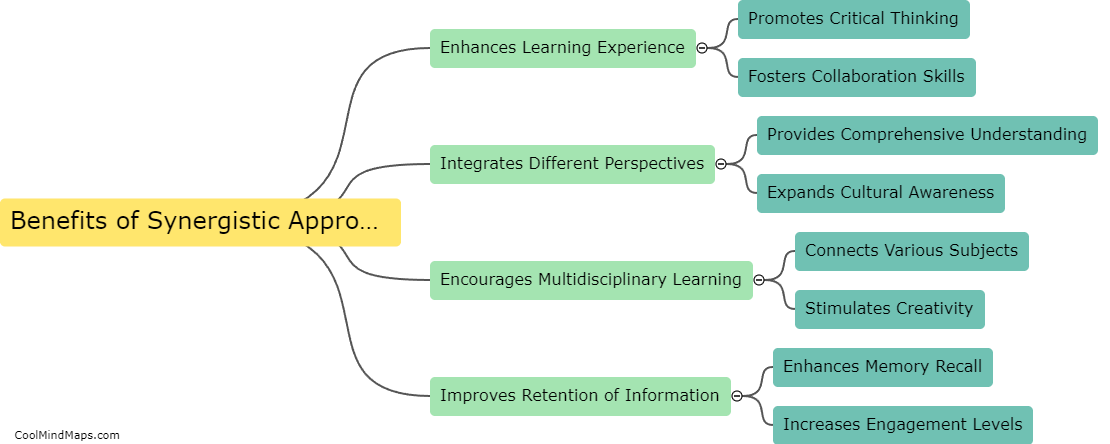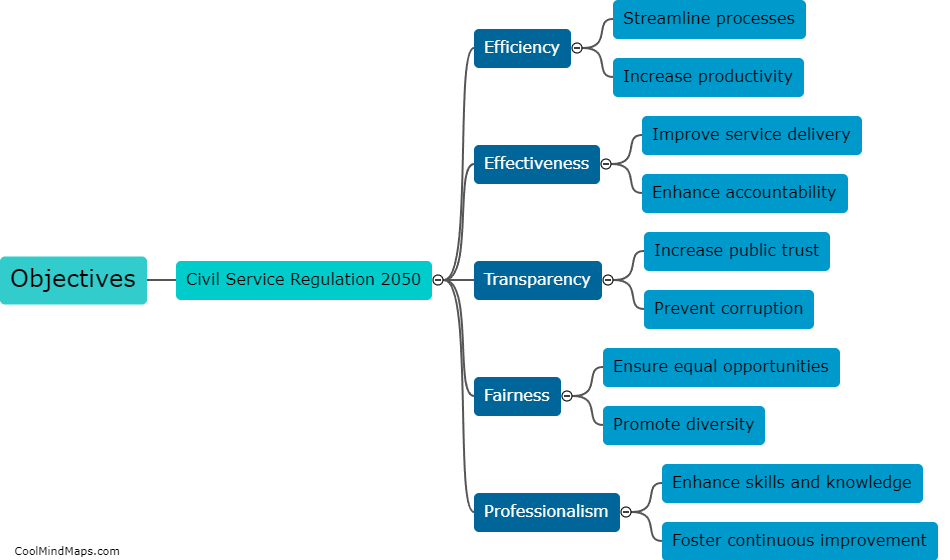How can regulation 2050 improve transparency and accountability in civil service?
Regulation 2050 can play a crucial role in enhancing transparency and accountability in the civil service through several measures. Firstly, it can impose strict guidelines on the disclosure of information, ensuring that government actions and decisions are accessible to the public. By requiring regular reporting and publication of key documents, citizens can gain a better understanding of how the civil service operates and holds its members accountable. Secondly, Regulation 2050 can establish clear mechanisms for citizen feedback and participation in the policymaking process. This would allow for greater public scrutiny and involvement in decision-making, fostering a culture of transparency. Lastly, the regulation could mandate the implementation of robust anti-corruption measures, including rigorous ethics training, regular audits, and strict enforcement measures. Such measures would help cultivate a more accountable civil service, ultimately enhancing public trust and confidence in the system.

This mind map was published on 27 November 2023 and has been viewed 84 times.











